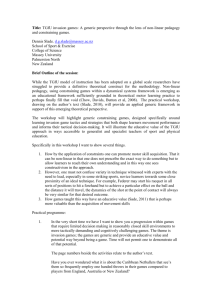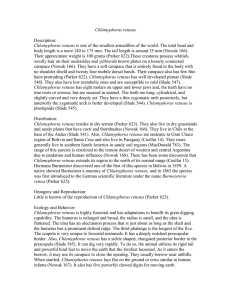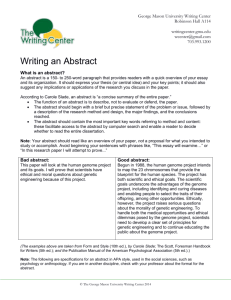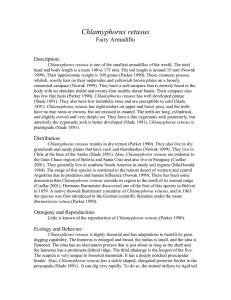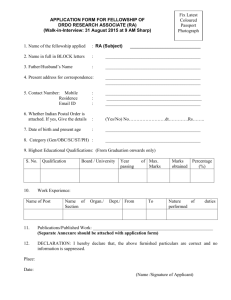newsletter
advertisement
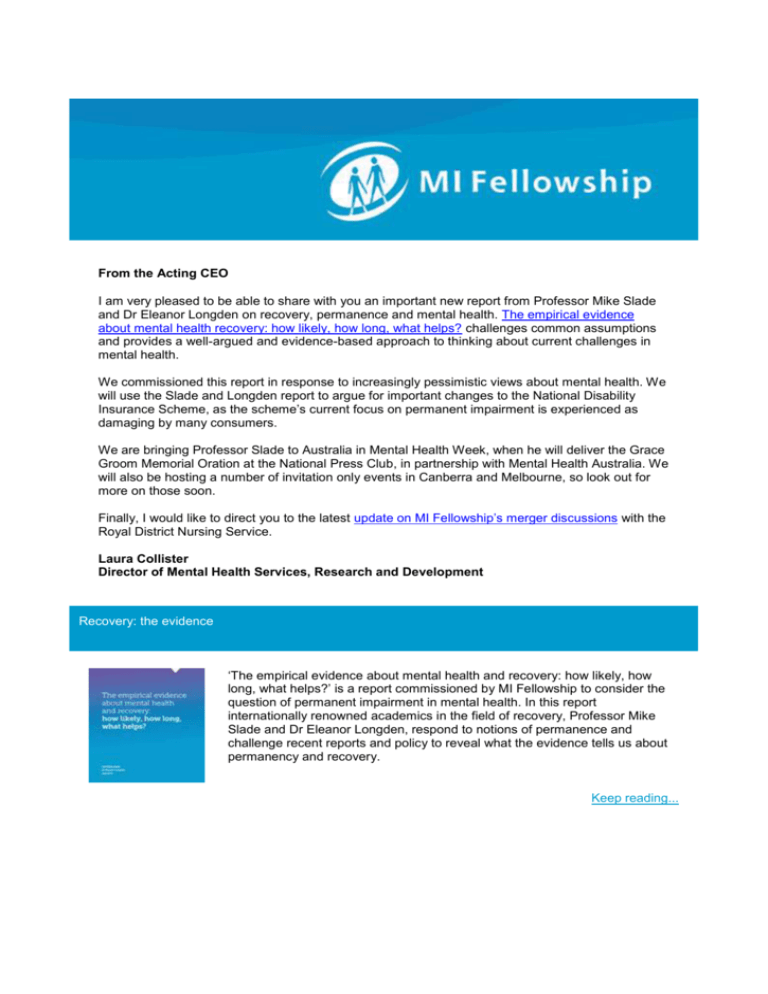
From the Acting CEO I am very pleased to be able to share with you an important new report from Professor Mike Slade and Dr Eleanor Longden on recovery, permanence and mental health. The empirical evidence about mental health recovery: how likely, how long, what helps? challenges common assumptions and provides a well-argued and evidence-based approach to thinking about current challenges in mental health. We commissioned this report in response to increasingly pessimistic views about mental health. We will use the Slade and Longden report to argue for important changes to the National Disability Insurance Scheme, as the scheme’s current focus on permanent impairment is experienced as damaging by many consumers. We are bringing Professor Slade to Australia in Mental Health Week, when he will deliver the Grace Groom Memorial Oration at the National Press Club, in partnership with Mental Health Australia. We will also be hosting a number of invitation only events in Canberra and Melbourne, so look out for more on those soon. Finally, I would like to direct you to the latest update on MI Fellowship’s merger discussions with the Royal District Nursing Service. Laura Collister Director of Mental Health Services, Research and Development Recovery: the evidence ‘The empirical evidence about mental health and recovery: how likely, how long, what helps?’ is a report commissioned by MI Fellowship to consider the question of permanent impairment in mental health. In this report internationally renowned academics in the field of recovery, Professor Mike Slade and Dr Eleanor Longden, respond to notions of permanence and challenge recent reports and policy to reveal what the evidence tells us about permanency and recovery. Keep reading...
